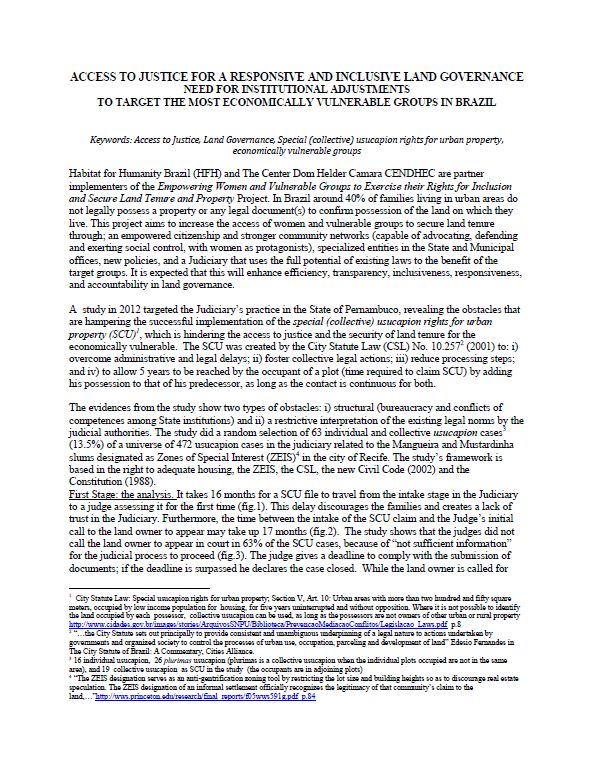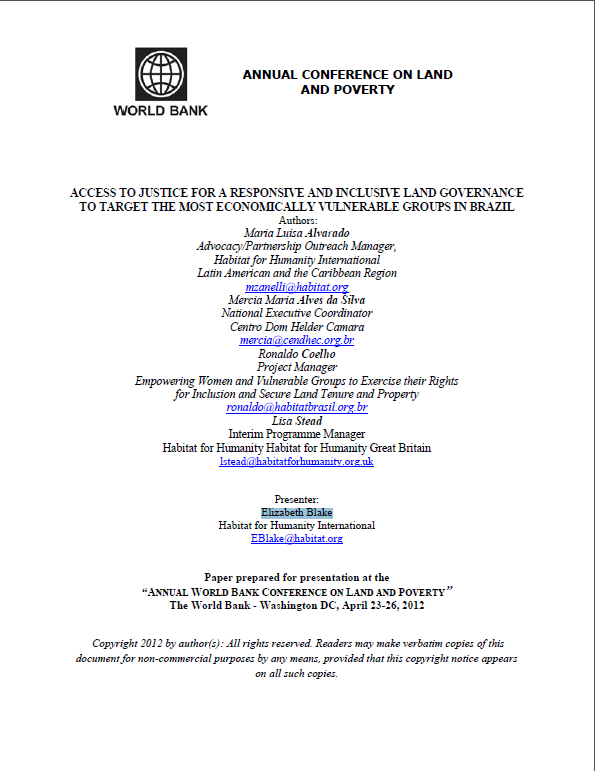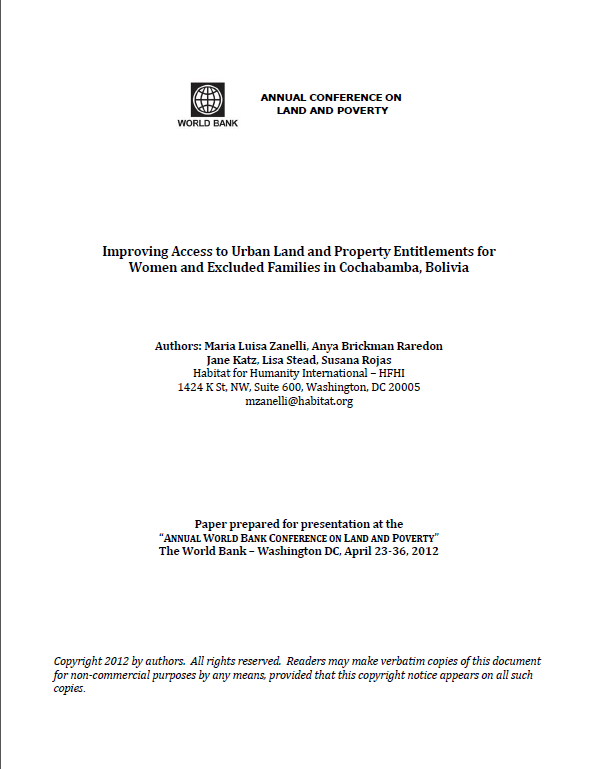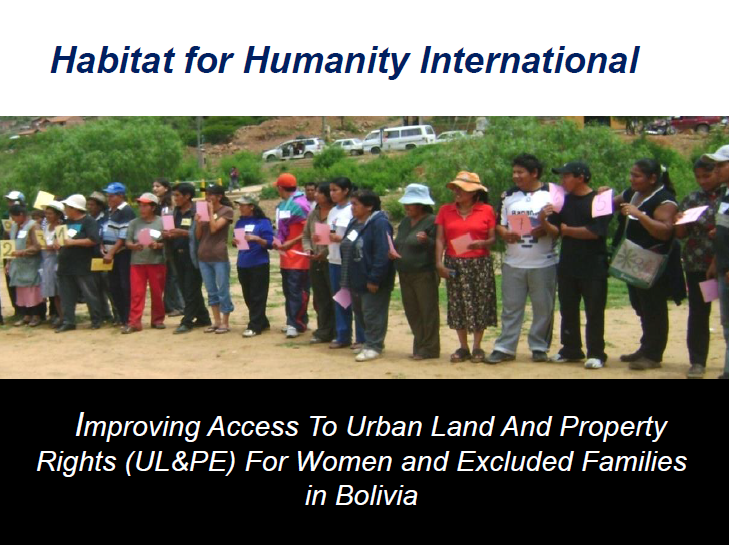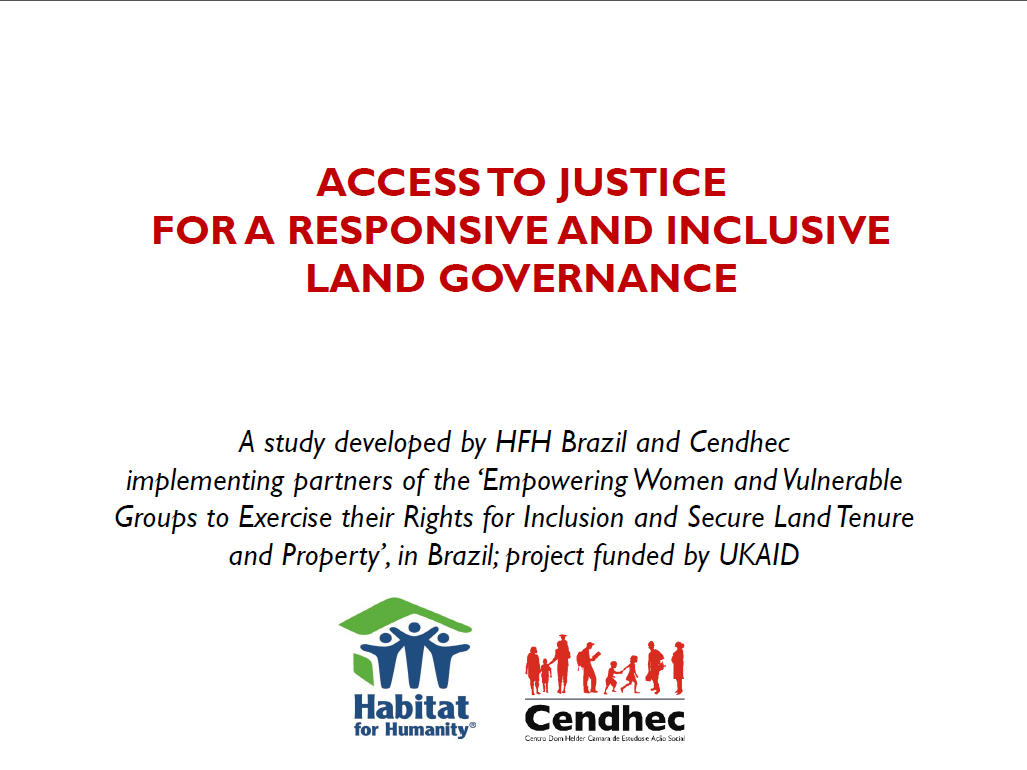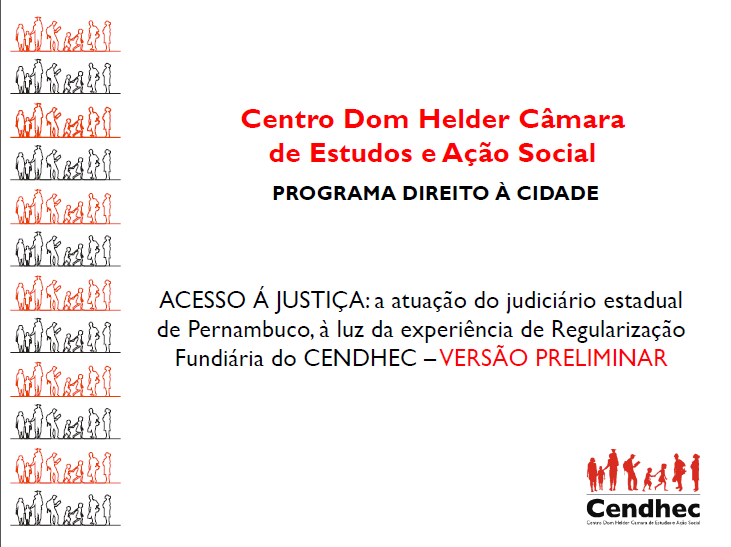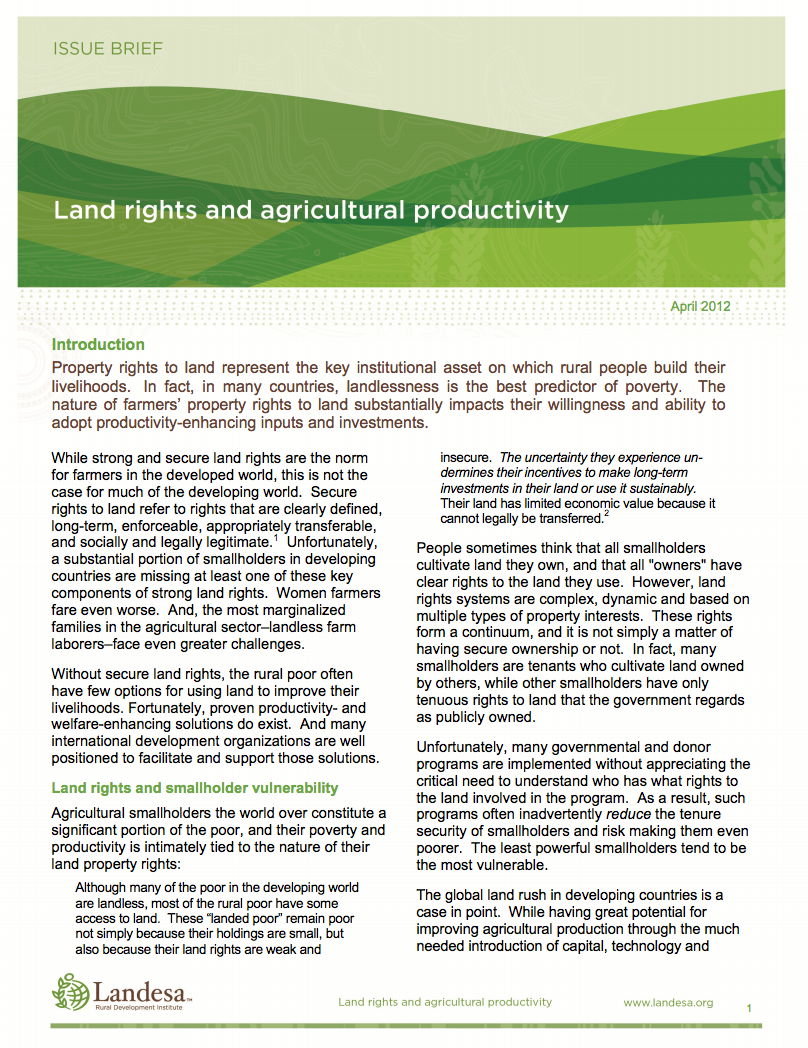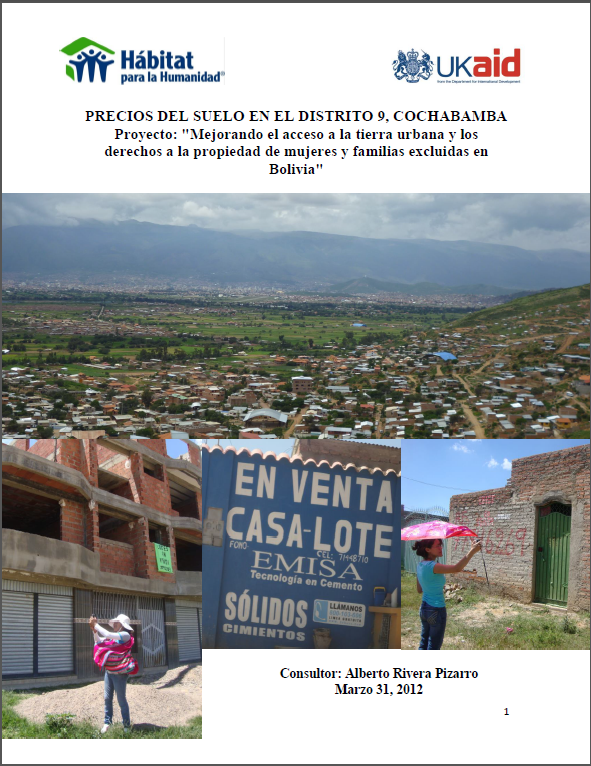Why peace and land security is key to Burma's democratic future - Interview with Tom Kramer
Analysis of the social costs of large-scale Chinese-supported rubber farms in northern Burma suggests that the future for ordinary citizens will be affected as much by the country's chosen economic path as the political reforms underway.



